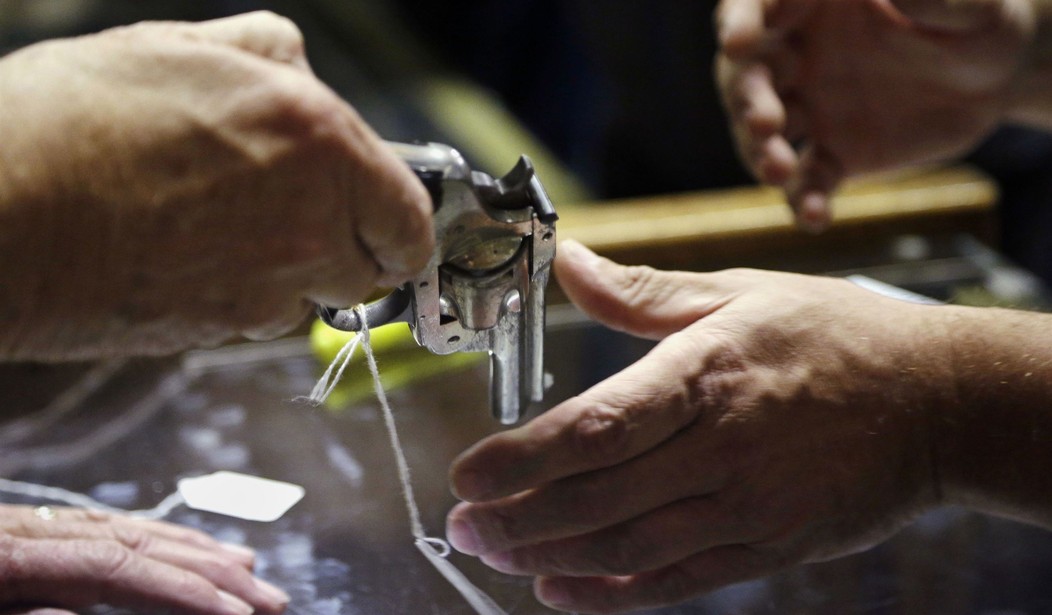Straw buys are one of the ways a criminal can get his or her hands on a firearm. They simply get someone else to go into the store and buy it for them. It’s not the most common way a criminal can get a gun, nor is it the most common way guns make it on the black market, but it certainly happens.
The Biden administration has decided that it needs to crack down on these sales as part of its efforts to address the skyrocketing violent crime rate.
However, a story at the Washington Post kind of skims over one of the problems with this crackdown.
And yet, how will a greater focus on straw buyers change that?
Simply put, it won’t. The issue has never been one of resources. The problem has always been that it’s very hard to prove someone is lying. “I bought it, but after a week or two, I decided I didn’t like it and I sold it to this guy. I didn’t know he was a felon,” or, in states with universal background checks, “I bought it and then put it away in case I needed it. I didn’t even realize it was missing until you showed up.”
Those are difficult to prove to be lies unless you have a lot more evidence than gun X was used at crime Y.
While we’re at it, it’s worth noting that gun stores can only do so much to identify straw buyers. Sure, sometimes it’s easy. When two people walk into the store but the one not buying is the one asking all the questions and handling all the firearms, it’s pretty safe to say that he’s the one the gun is really for.
However, if the same guy comes in one day and asks all those same questions and handles those same guns, then says he needs to think about it while his buddy comes in a different day and buys it, there’s not a lot any dealer is going to be able to do.
Even so, it’s important to remember that straw buys only represent a fairly small portion of the guns that end up in criminal hands. Trying to stop them is fine and all, but let’s not get carried away here. Even if the effort is 100 percent effective–it won’t be–there will still be a lot of guns on the streets.
And it doesn’t sound like this crackdown is going to do anything but let the Biden administration pat itself on the back for taking action.








Join the conversation as a VIP Member